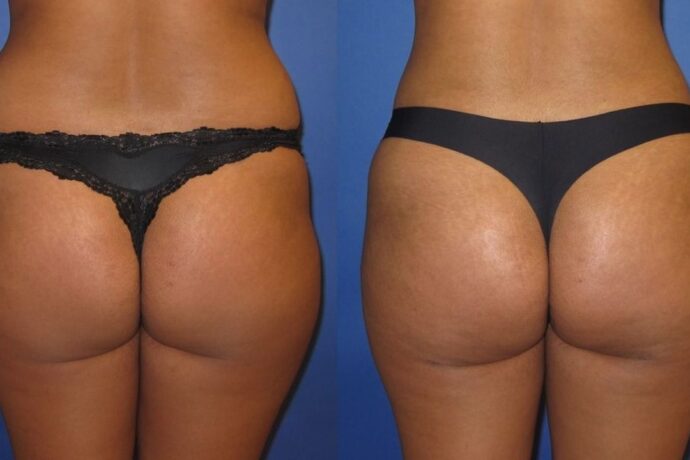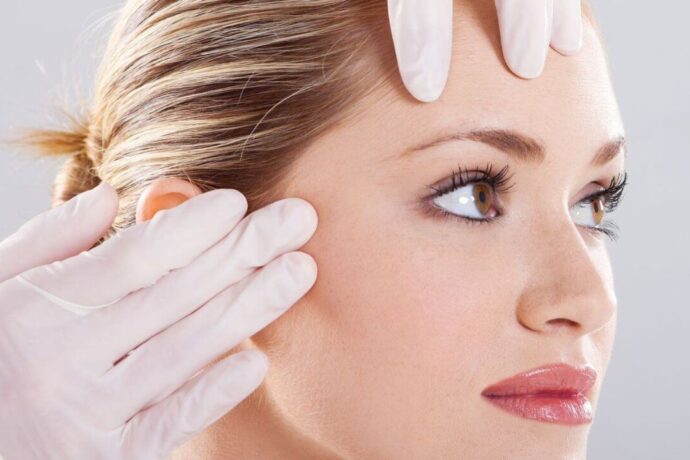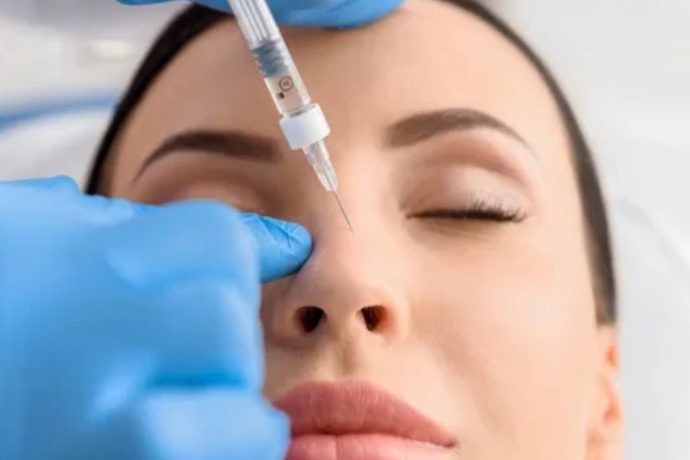In the rapidly evolving world of aesthetic treatments, Botox and dermal fillers have become go-to solutions for those looking to maintain a youthful appearance. With increasing demand, the field offers ample opportunities for aesthetic enthusiasts to hone their skills and expand their careers. In this comprehensive guide, we will delve into the essentials of Botox and dermal filler training, especially for non-medical professionals, outlining the learning objectives, qualifications needed, and potential career paths.
Importance Of Botox And Dermal Filler Training
Proper training in Botox and dermal fillers is crucial for ensuring safe and effective treatments. These training programmes equip you with the knowledge and hands-on skills to perform procedures accurately, minimise risks and enhance patient satisfaction. As these treatments involve intricate techniques and a deep understanding of facial anatomy, thorough education and practice is paramount.
What You’ll Learn From Your Botox And Dermal Filler Training
- Overview
In the Botox training programme, you will learn the basics of how Botox works, where it can be administered and its effects on fine lines and wrinkles. Similarly, dermal filler training will teach you about various filler materials and their applications, including using them on lips, nasolabial folds and marionette lines to address specific concerns. These courses cover all the foundational knowledge for any practitioner entering the field.
- Facial Anatomy And Danger Zones
Understanding facial anatomy is critical when administering Botox and dermal fillers. That is why botox and dermal filler training programmes emphasise the identification of muscle groups, their functions and precise injection sites. These courses will also help you recognise danger zones and avoid complications such as unintended muscle paralysis.
- Holding Consultations
Recognising the importance of effective communication during consultations, these training courses help you develop the skills to explain procedures, risks, and side effects to clients. You will learn how to assess clients’ aesthetic goals and provide tailored recommendations, ensuring a clear understanding and realistic expectations.
- Injection Techniques
Mastery of injection techniques is crucial for successful Botox and dermal filler treatments, which is why Botox and dermal filler training programmes focus on helping you develop precise syringe handling techniques and injecting at accurate locations. Many advanced courses are available to help you develop specific techniques for different facial areas that will enhance your expertise and confidence.
- Possible Risks
Understanding the risks associated with Botox and dermal fillers is essential for you before you begin a career. During Botox and filler training, you will learn about various potential complications, such as allergic reactions, incorrect muscle paralysis and vascular occlusions and how to address them. With this knowledge, you can take preventive measures and handle adverse events effectively, ensuring client satisfaction.
- Botox Treatment Regulations
Regulations associated with aesthetic procedures are constantly evolving in the UK to ensure client safety, and as an aesthetic practitioner, you are required to stay abreast of these changes. To help you with this, Botox and dermal filler training programmes teach you about all the protocols associated with these treatments, so you can stay compliant and avoid legal issues.
How To Get Botox And Dermal Filler Training For Non-Medics
Though Botox and filler training was originally reserved for medics in the UK, nowadays, many training centres also offer such training for non-medics, although the process may involve several steps:
1) Look For A Training Provider
If you want to enrol in Botox and dermal filler training, finding a reputable training provider is the first step. Research facilities that offer courses to non-medical students and check their curriculum for in-depth lectures and hands-on training. Additionally, ensure the provider is certified and follows industry standards so your training will be recognised within the UK’s aesthetic industry.
2) Meet The Requirements
Requirements for non-medical students vary among providers but often include completing modules on human physiology and anatomy, phlebotomy, and platelet-rich plasma. These prerequisites ensure learners understand human biology and the skills needed to handle injections.
3) Pay The Necessary Fees
Once you have found a training provider who matches your requirements, enrol with them by submitting the required paperwork and paying the fees. The cost of enrolling in Botox and dermal filler training courses may vary depending on the provider’s reputation and course quality. Try to invest in a recognised programme, as it will enhance your credentials and career prospects.
4) Attend Your Classes
Once enrolled, you will receive the course material and can start attending all classes, which may include online modules and live demonstrations. Here, you will also receive hands-on training with close supervision, crucial for mastering injection techniques.
Career Options After Completing Botox And Filler Training
While only medical professionals in the UK can prescribe and inject Botox and other branded muscle-freezing toxins from 2023, there are various career opportunities still available for non-medics on completing a Botox and dermal filler training course, such as:
Aesthetic Consultant
Upon completing this training, you can become an aesthetic consultant, conduct client consultations, discuss goals, and recommend treatments. Though you may not be able to perform procedures for prescribed injections, you can use your knowledge to guide clients through their aesthetic journey.
Clinic Manager
After your Botox and filler training, you can apply for UK clinic manager posts. As a manager, you will oversee daily operations, client bookings and staff management.
Marketing And Social Media Specialist
Specialists in this role create content, manage social media channels, and develop marketing campaigns for aesthetic clinics. Here, you can use your knowledge about Botox and fillers to craft engaging and informative content.
Entrepreneur In Complementary Therapies
You can also combine Botox and dermal filler training with other services, such as skincare or micro-needling, to create a personal business with a diverse offering. This approach can attract a wider client base seeking comprehensive aesthetic solutions.
Further Specialisation
To advance in your career further, you can also enrol in advanced courses for specific areas, such as lip fillers or non-surgical rhinoplasty, after completing Botox and filler training. This will allow you to refine your skills and offer specialised services.
What Courses Can I Do After Botox And Filler Training?
After completing Botox and dermal filler training, several advanced courses are available, including:
- Signature Lips Masterclass
- Jaw and Chin Filler Courses
- Cheek Filler Courses
- Profhilo Injecting Courses
- Dermal Filler Refresher Courses
- Botulinum Toxin Refresher Courses
- Fat-Dissolving Training Course
- Platelet Rich Plasma Treatment Course for Hair Loss
Conclusion
Botox and dermal filler training offer a promising career path in the aesthetic industry, even for non-medical professionals. As an aspiring aesthetician, you can build successful and fulfilling careers in the aesthetic field by choosing the right training provider, meeting the necessary qualifications, and pursuing continuous education.
Botox And Filler Training For Non-Medics At Second Look Aesthetics
If you’re looking for a reliable provider of Botox and filler courses as a non-medic, here at Second Look Aesthetics, we can help you! Our training course for filler and Botox in Nottingham is for medics and non-medics.
While medical professionals can enrol in this course without any further training, inexperienced non-medics must complete some extra modules that are covered in our beginner’s course before enrolling.
With us, you will learn from a team of NHS professionals and Level 7 qualified experts with a combined experience of 60 years in the field. We help you assess client’s concerns effectively and provide you with hands-on experience with live models for building confidence.
Contact us today to learn from the best!












